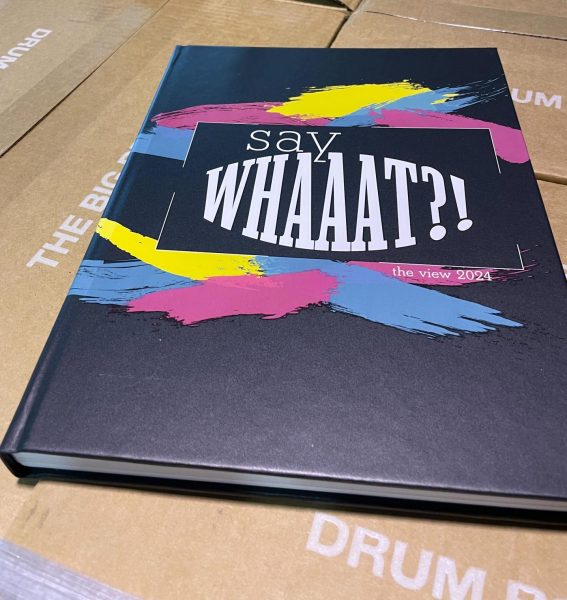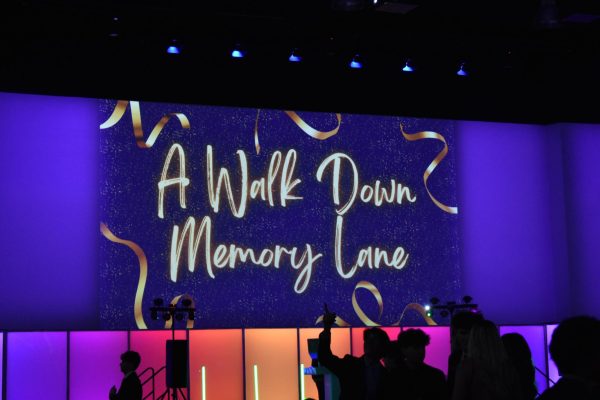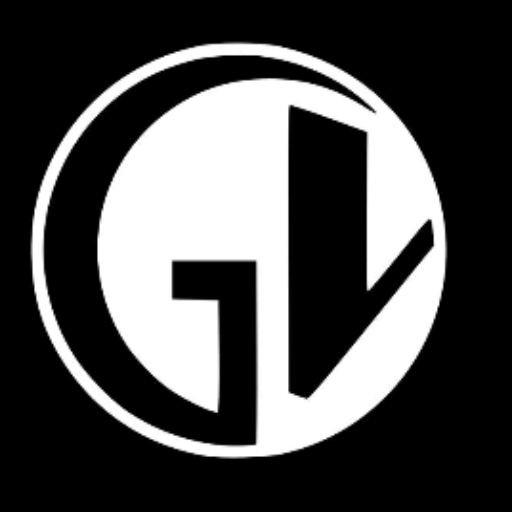Why Pride Deserves a Month – and Straight People Don’t. (OPINION)
Whenever Black History Month rolls around, a certain portion of the population asks, “but what about all the good things white people have done?”
The same goes for Latin-Hispanic Heritage month, American Indian Heritage month, Asian Pacific Heritage month – and the list goes on. Whenever a minority community is celebrated for their overlooked accomplishments and history, there is always those people in the non-marginalized population wondering, “where’s my trophy?”
During Pride Month, many of these people belong to the straight and cisgender population. Their argument is simple, if not a little petty. Pride gets a month dedicated to recognizing LGBTQ+ culture, supporting rights, and amplifying queer voices: why not straight people too?
In June of 2019, a group called Super Happy Fun America organized a “straight pride parade” in Boston to fill this need. According to their website, the parade was held to, “educate the public about straight issues and foster unity and respect.”
While many participated in the parade as a joke, a lot more took it seriously. They shouted slogans like, “it’s great to be straight” and “straight lives matter.” As they marched to Boston’s City Hall along the fenced-off route, more than a thousand protestors followed, greeting them with middle fingers and expletives.
Pride Month is all about free speech and self-expression – an opportunity to unabashedly celebrate the variety of identities. What’s the problem with a pride parade for straight people?
Put simply, it’s because straight people don’t need a pride parade.
Super Happy Fun America wanted to provide a space where straight people are able to, “be themselves and not fear persecution.” But when have straight people ever been persecuted?
Unlike for LGBTQ+ individuals, there is no widespread oppression against straight and cisgender people. They are represented both thoroughly and accurately in history, and don’t have to hide their identity or worry about being denied medical care.
Just because queer voices are being amplified doesn’t mean that straight people are being shunned. Pride doesn’t exist to compare communities, put one group over another, or oppress the majority – it exists to represent the often unrepresented and draw attention to overlooked problems.
Since the first Pride March in 1970, the LGBTQ+ community has made big strides towards equality. In the December of 1973, the American Psychiatric Board voted to change the classification of homosexuality as a disorder – though it did not officially leave the list of disorders until 1987. By 1980, many of the largest corporations had adopted policies that prohibited discrimination on basis of sexual orientation. On June 26, 2015, the U.S Supreme Court struck down all state bans on same-sex marriage.
For years before the first Pride March, being queer meant being ostracized. The thought of a large group of LGBTQ+ people gathering to openly and unashamedly celebrate their queerness was unimaginable. Now, it’s an event celebrated worldwide. So clearly, we’re doing something right with Pride. Although queer individuals still face unbelievable cruelty, the hard work of activists and allies made it possible to reach a place where perpetrators of this violence, and not the victims, are condemned as sick.


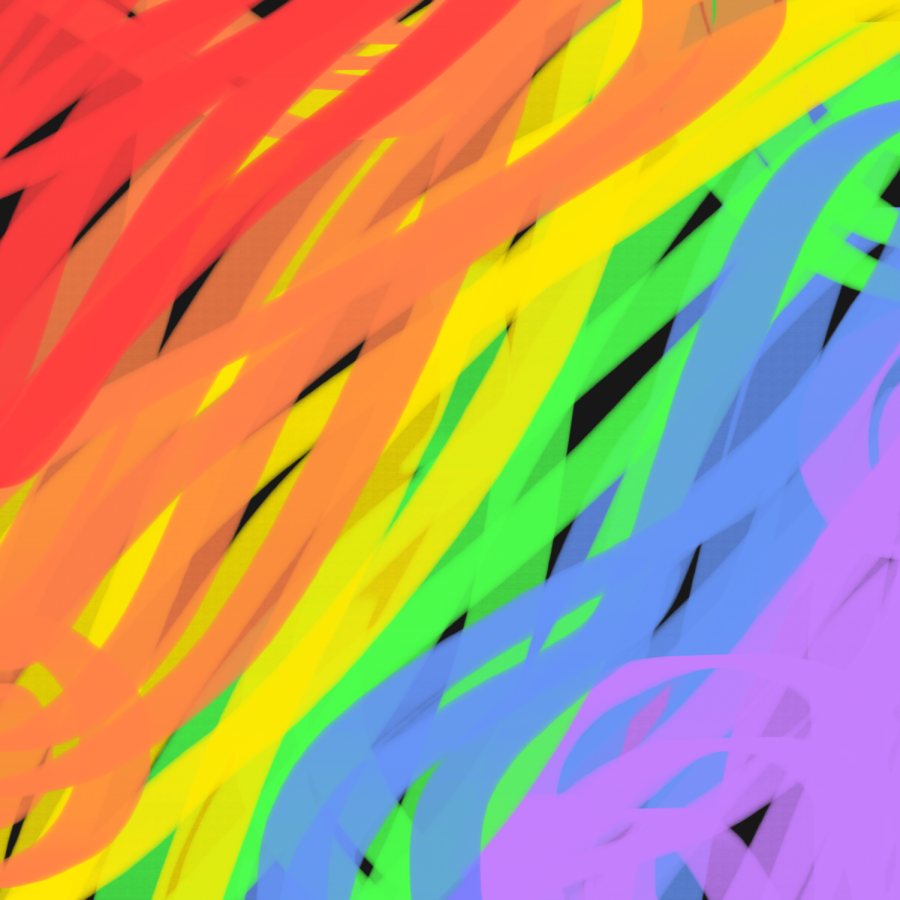

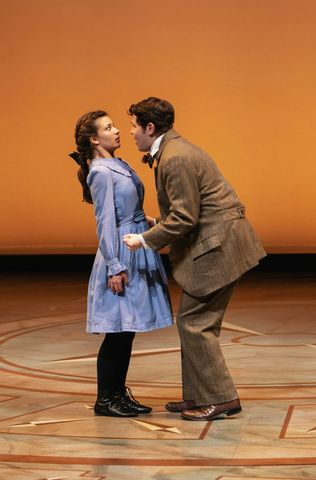


![Bill HB24-1448: What Does It Mean? [OPINION]](https://ghschronicle.com/wp-content/uploads/2024/05/Hayne-Photo-1-600x450.png)
![Colorado Rockies: No Trophy in Sight [Opinions]](https://ghschronicle.com/wp-content/uploads/2024/05/IMG_3018-2-600x450.jpg)
![Freshman 101: Great Intentions; Repetitive Practices [Opinions]](https://ghschronicle.com/wp-content/uploads/2024/05/Screen-Shot-2024-05-02-at-1.58.44-PM-600x492.png)
![Why is APUSH So Hard? [Opinions]](https://ghschronicle.com/wp-content/uploads/2024/05/APUSH-600x338.jpg)

